News
-
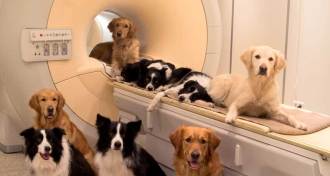 Neuroscience
NeuroscienceLike people, dogs have brain areas that respond to voices
MRI study may help explain how pups understand human communication.
-
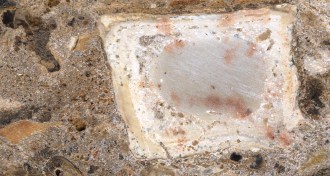 Archaeology
ArchaeologyFire used regularly for cooking for 300,000 years
Israeli cave yields a fireplace where Stone Age crowd may have cooked up social change.
By Bruce Bower -
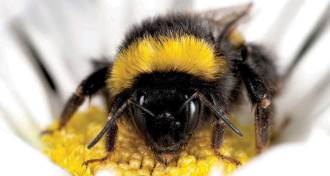 Life
LifeBig study raises worries about bees trading diseases
Pathogens may jump from commercial colonies to the wild.
By Susan Milius -
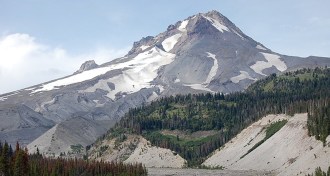 Earth
EarthMagma spends most of its existence as sludgy mush
Volcanic magma may spend most of its time in a chunky state resembling cold porridge, a new study finds.
-
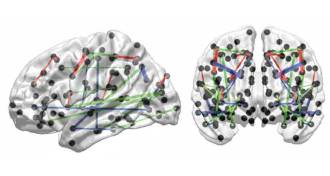 Neuroscience
NeuroscienceWhite matter scaffold offers new view of the brain
A new neural map of white matter connections may explain why some injuries are worse than others.
-
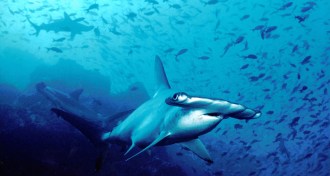 Climate
ClimateSharks could serve as ocean watchdogs
Tagged with sensors, toothy fish gather weather and climate data in remote Pacific waters.
By Beth Mole -
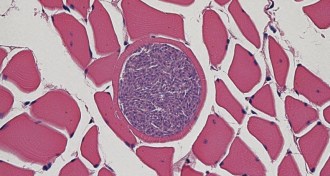 Ecosystems
EcosystemsArctic melting may help parasites infect new hosts
Grey seals and beluga whales encounter killer microbes as ranges change.
-
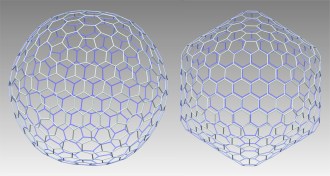 Math
MathGoldberg variations: New shapes for molecular cages
Scientists have figured a way to iron out the wrinkles in a large class of molecular cages.
-
 Health & Medicine
Health & MedicineCocaine use appears to boost stroke risk in young people
A study of young and middle-aged adults adds to evidence of the drug’s harmful effects.
By Nathan Seppa -
 Animals
AnimalsIn crazy vs. fire, the ant with the detox dance wins
Tawny crazy ants pick fights with fire ants and win, thanks to a previously unknown way of detoxifying fire ant venom.
By Susan Milius -
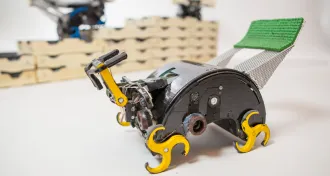 Tech
TechTermite-inspired robots build structures without central command
Simple guidelines keep machines hauling and placing bricks.
By Meghan Rosen -
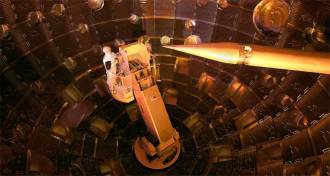 Physics
PhysicsGetting warmer in attempt to reach ignition
Fusion energy output hits modest milestone at National Ignition Facility.
By Andrew Grant